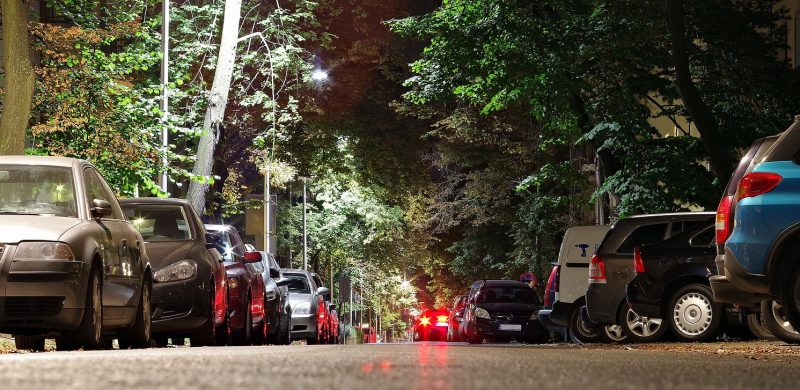
It seems that in light of the Mercedes Benz which was stolen in September in the UK. A device that lets thieves steal cars that use key fobs has been identified by a national watchdog group.
The device, which allows a person to open car doors, start vehicles and drive them away suggests the auto industry is entering a perilous new frontier in which tech-savvy criminals can bypass the keyless theft-prevention countermeasures installed on certain recent models.
The National Insurance Crime Bureau said it had purchased the device “via a third-party security expert from an overseas company” that developed it “to provide manufacturers and other anti-theft organizations the ability to test the vulnerability of various vehicles’ systems.”
The so-called Relay Attack device demonstrates how thieves in certain instances have recently stolen vehicles that were supposed to be extremely difficult to swipe. The boxy device, about the size of a smartphone, is used to capture a signal from a nearby key fob before using the signal to gain entry illegally.
NICB said it tested the device on used cars at participating dealerships, an auto auction, employee vehicles and other cars.
In 19 of its 35 tests, the device opened the vehicle. In 18 of those 19 entries, it was also able to start the vehicle and drive away.
In other words, more than 50% of the time the device allowed the would-be perpetrator to steal the vehicle.
“We’ve now seen for ourselves that these devices work,” NICB CEO Joe Wehrle said in a statement. “Maybe they don’t work on all makes and models, but certainly on enough that car thieves can target and steal them with relative ease. And the scary part is that there’s no warning or explanation for the owner.”
NICB believes thieves are using several varieties of wireless theft devices. The trend means that automakers must bolster cybersecurity in the vehicles, the group said.
The group suggested that vehicle owners take their remote fob or keys with them at all times and not leave any valuables in plain sight.
NICB believes thieves are using several varieties of wireless theft devices. The trend means that automakers must bolster cybersecurity in the vehicles, the group said.
The group suggested that vehicle owners take their remote fob or keys with them at all times and not leave any valuables in plain sight.
The device receives a signal from the key inside and transmits it to the second box next to the car. The car’s security system is tricked into thinking the key is present and the vehicle unlocks, with the pair then driving away.
The Mercedes still has not been recovered following the theft, which happened overnight on September 24.
Millions of Volkswagen cars could be hacked and stolen thanks to 20-year-old security bug
Two people are required for a relay attack with one standing next to the vehicle and the other using a receiver (which can be bought online for as little as £80) that acquires the key fob’s special wireless signature and boosts it.
Some of these devices can pick up and relay a signal from as much as 100 feet away – so even if the car key isn’t near the front door it could still be picked up.
Different car brands are more susceptible than others, with researchers in Germany discovering that BMW and Peugeot systems are particularly easy to hack.
The government is trying to act on this new wave of techno-crime by releasing new guidelines for car manufacturers on adding extra security to try and prevent these kinds of thefts from happening.
Tips on keeping your car from theft
Park your vehicle in an open, well-lit and secure area where possible. Always park it in a garage, if you have one, or in view of CCTV cameras.
Ensure that all windows, the sunroof and boot are shut and locked when leaving your vehicle unattended, no matter how briefly.
Fit an alarm or immobiliser.
Use a steering wheel lock and/or gearstick lock.
Consider having an on-board diagnostics (OBD) lock fitted.
Consider fitting a tracker, so that if your car is stolen, we have more chance of finding it.





